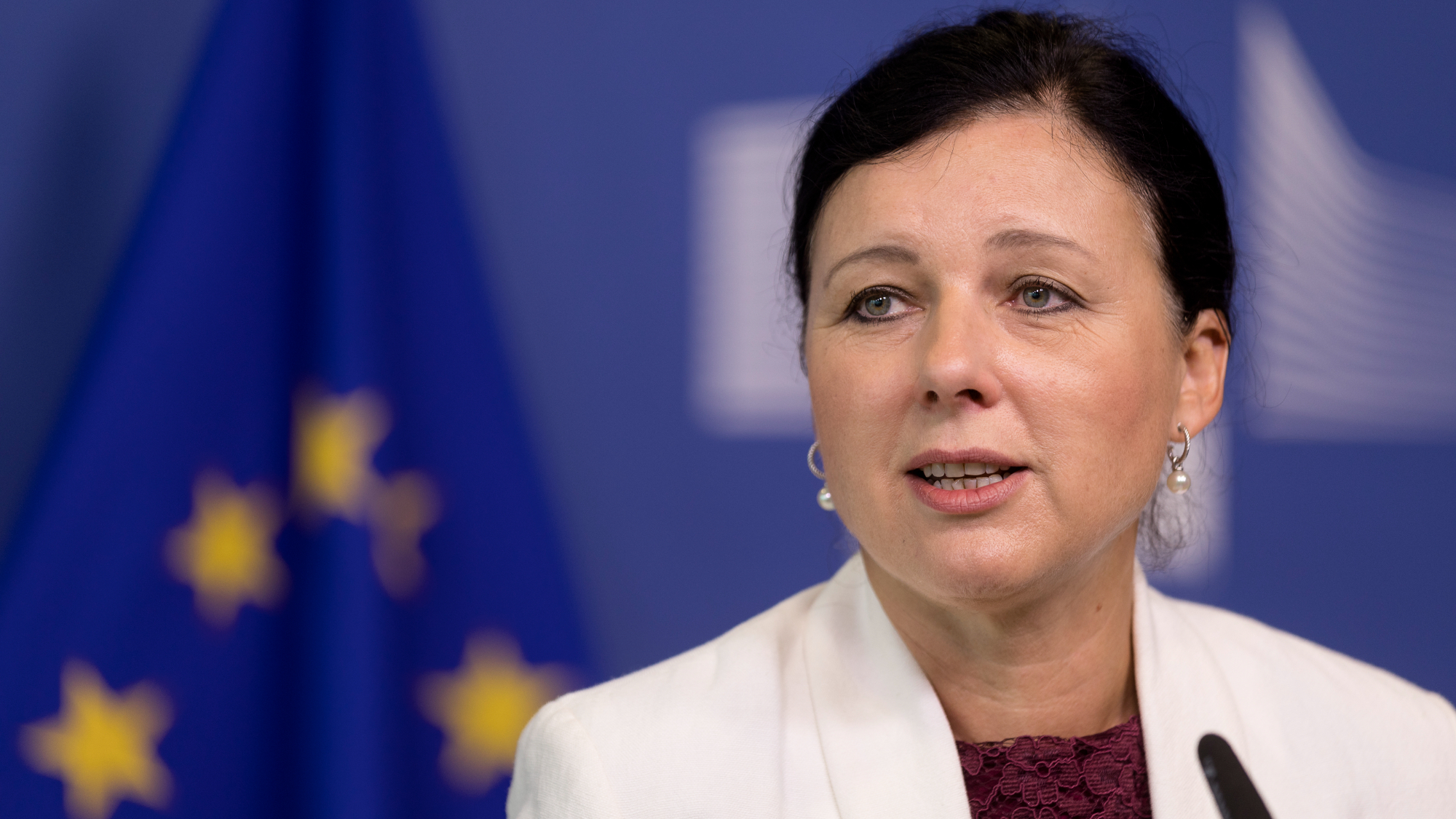
European Commission VP of Values and Transparency Vera Jourová is demanding that the EU include rules for AI-generated content in an update to its Code of Practice on Disinformation.
According to Golem, Jourová has asked that the 44 signatories of the Code, which include tech giants like Meta, Microsoft, and Google, devise a set of rules designed to prevent services like Bing Chat and Bard from being used to generate and spread false information, including by labeling all AI-generated content.
When questioned about whether these new rules could affect freedom of expression, Jourová said, "When it comes to the products of AI, I don't see any right of machines to freedom of expression."
The Code of Practice on Disinformation is a set of standards the EU has been using to combat the spread of "verifiably false or misleading information [which is] created, presented and disseminated for economic gain or to intentionally deceive the public." The code was established in 2018 and most recently updated again in 2022, but it currently includes nothing on generative AI.
The Code was initially established as a voluntary set of guidelines for digital companies but was incorporated into the official regulatory framework of the EU's Digital Services Act in the 2022 update.
Some of the key focuses of the Code include:
- Cutting financial incentives for purveyors of disinformation
- Ensuring the transparency of political advertising and integrity of online services
- Empowering users, researchers, and the fact-checking community by ensuring "safe design practices are put in place to limit the spread of disinformation and ensure more transparency of their recommender systems"
- Implementing a stronger monitoring framework to better ensure compliance with the new regulations
Companies caught in violation of the rules could face fines of up to 6% of their annual revenue. Companies who sign on to the code have six months to implement its measures.







